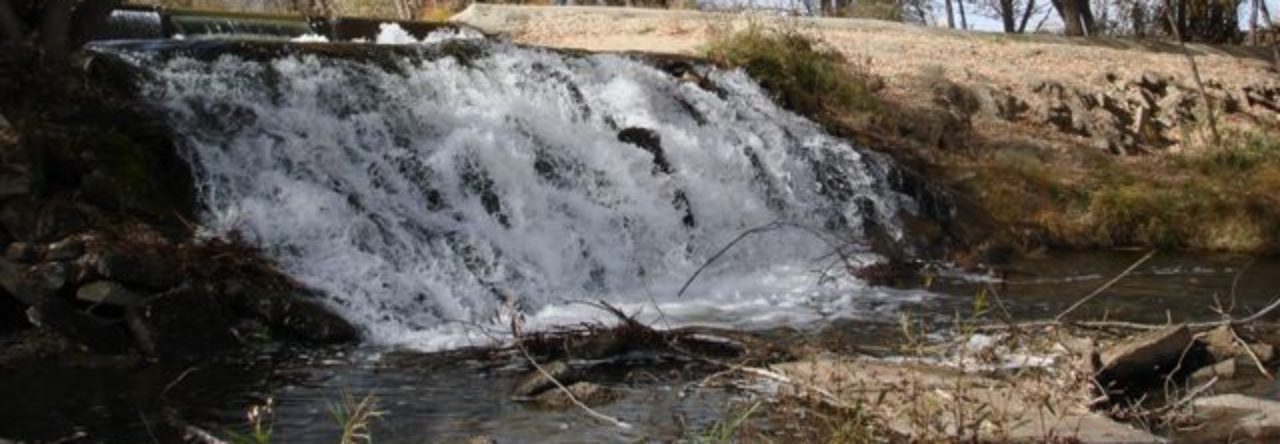Sometimes, I think back to when I was really young and for a time thought all things happen exactly as they are meant to. Everything didn’t necessarily happen for a reason so much as it was just meant to happen that way. And there was nothing, you, or anyone else for that matter, could do to change how it all was supposed to go down.
I watched as some of my suppositions became truth while others did not. After what was probably a longer period of time than it should have been, I moved on from the mindset that all things were pre-destined. An overly simplistic point of view for sure, but it was convenient for me, someone, or anyone, who feels they don’t really have any control over what happens to them.
Eventually the idea of free will came into my world view, and with it, control, at least seemingly, over how I ended up via the choices I made. The young lad who preceded this wiser version of me would at times whisper, however, “You only think you have free will; everything you think you choose was already something you really had no say over.”
It took outright dismissal of the notion of pre-destiny for it to lose its grip over me. It was easy when during my early failures, I would just chalk it up to pre-destiny:
“I really was not meant to be a rocket scientist, so it was no wonder I never pursued advanced science or mathematics during my formal school years.”
Truth be told, K1-12 were my formal years. And I’d use this line of reasoning when trying to justify why I didn’t pursue college and instead opted for the Navy. At the time, I simply was in denial that I didn’t know what I wanted to be when I grow up, so I didn’t want to waste money on college. Ironically enough, I still don’t know what I want to be when I grow up so it’s good I saved that college money instead.

English: There are no symbols that represent skepticism. This is one symbol that can be used to represent skepticism in atheism, or how skeptical inquiry, critical thinking, critical inquiry, and truth-seeking lead to atheism. (Photo credit: Wikipedia)
I one day learned about taking responsibility for my actions and words. This was the time when everything really changed. It’s been so long ago that this bridge was traversed, this path less taken journeyed, that I simply can’t remember quite when it occurred. All I know is I realized I could think for myself and no matter what happened as a result of my decisions or choices, I would live with it and be alright.
We are the sum of our experiences. Nothing builds confidence quite like making decisions that end up panning out. Our ability to discern things that will be good for us rather than those that would turn out bad, help build our personal track record of success and failure. When we gain knowledge through our experiences, survive things that are harrowing, we form the ability to think critically.
Critical thinking is in short supply now. Everyone is taught it is better to fit in, to become part of the larger majority, than to stand out like a sore thumb if it can be helped. This homogenization of the world at large via the Internet was probably supposed to be better for us. But when everyone is pressured into following what the consensus dictates is the popular choice, how is there any room for peaceful, constructive dissension?
People that put things in god’s, or a greater power’s hands, are behaving helplessly. They are letting things take their course. They are the modern day keepers of pre-destiny. Everything doesn’t happen for a reason. Everything happens because someone decided to take action and someone else decided to sit on the sideline. And we can only take decisive action if we choose to believe we have the ability to think through, and yes, create, a better world in which to live.
I don’t think all hope is lost and I’m not heavily arming myself as the answer to all the craziness magnified tenfold by instant-gratifying, short attention span, fear-escalating sound bites that pose as news. And all we need is not just love itself, but extensions of it, such as feeding those who go hungry. Things like this aren’t meant to happen. They don’t ever happen in the first place unless someone understands it’s the right or wrong thing to do. And an acute sense of the difference between right and wrong is at the root of high level, critical thinking.
Critical thinking takes not only intelligence but courage. And that’s hard. But it is worthwhile to try and utilize it. Otherwise, we might as well just put our heads in the sand so we don’t ever see what’s coming to hit us. Even though it might hurt just a little, that’s a far easier course of action.
It’s letting happen what will happen.
Does this sound like something you’ve come across not too long ago?



 ‘Critical thinking’ studies will prove helpful to students|Judy Ball, Wolcott
‘Critical thinking’ studies will prove helpful to students|Judy Ball, Wolcott